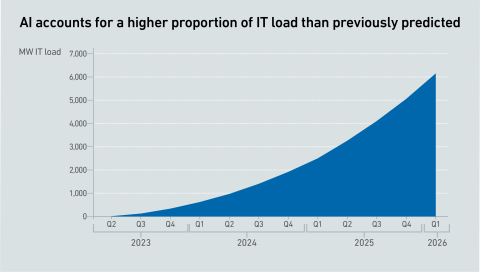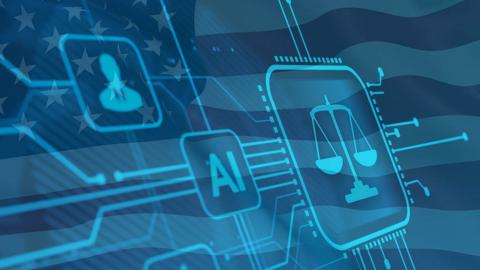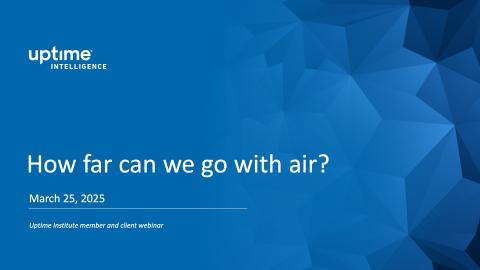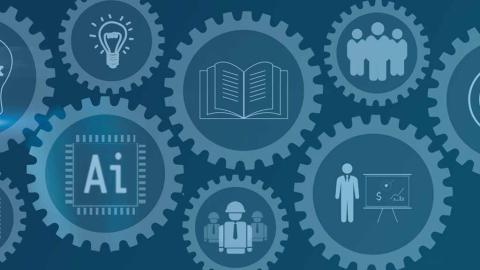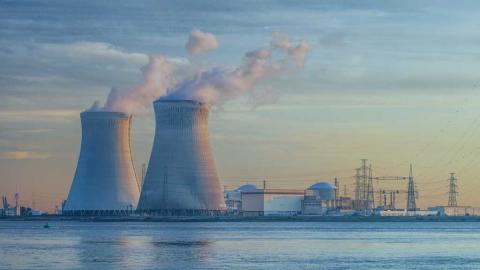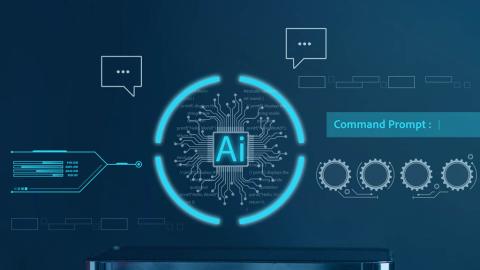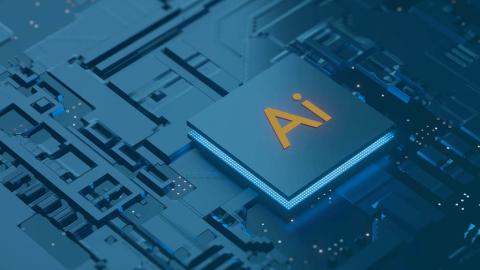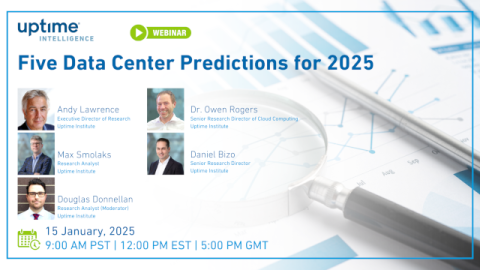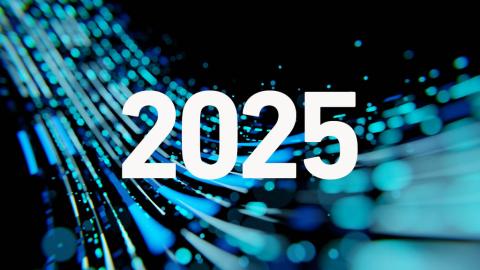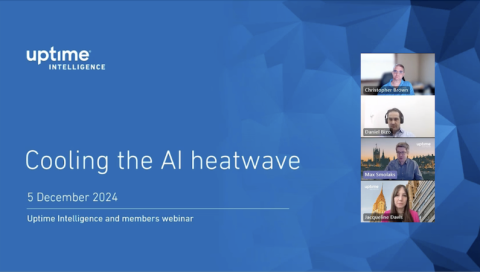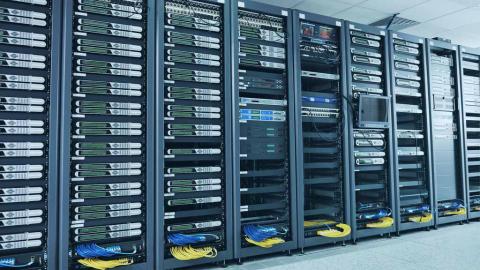Training large transformer models is different from all other workloads - data center operators need to reconsider their approach to both capacity planning and safety margins across their infrastructure.

Daniel Bizo
Over the past 15 years, Daniel has covered the business and technology of enterprise IT and infrastructure in various roles, including industry analyst and advisor. His research includes sustainability, operations, and energy efficiency within the data center, on topics like emerging battery technologies, thermal operation guidelines, and processor chip technology.
dbizo@uptimeinstitute.com
Latest Research
The past year warrants a revision of generative AI power estimates, as GPU shipments have skyrocketed, despite some offsetting factors. However, uncertainty remains high, with no clarity on the viability of these spending levels.
The US government's AI compute diffusion rules, introduced in January 2025, will be rescinded - with new rules coming. It warns any dealings linked to advanced Chinese chips will require US export authorization. Operators still face tough demands.
The global tariff crisis initiated by the US administration is expected to have strong, long-lasting effects on the data center sector, driving up prices and slowing growth.
How far can we go with air? Uptime experts discuss and answer questions on cooling strategies and debate the challenges and trade-offs with efficiency and costs.Please watch this latest entry in the Uptime Intelligence Client Webinar series. The…
High-end AI systems receive the bulk of the industry's attention, but organizations looking for the best training infrastructure implementation have choices. Getting it right, however, may take a concerted effort.
SMRs promise to usher in an era of dispatchable low-carbon energy. At present, however, their future is a blurry expanse of possibilities rather than a clear path ahead, as key questions of costs, timelines and operations remain.
The emergence of the Chinese DeepSeek LLM has raised many questions. In this analysis, Uptime Intelligence considers some of the implications for all those primarily concerned with the deployment of AI infrastructure.
Operators and investors are planning to spend hundreds of billions of dollars on supersized sites and vast supporting infrastructures. However, increasing constraints and uncertainties will limit the scale of these build outs.
The US government is applying a new set of rules to control the building of large AI clusters around the world. The application of these rules will be complex.
Uptime Intelligence surveys the data center industry landscape to look deeper at what can actually happen in 2025 and beyond based on the latest trends and developments. The stronghold that AI has on the industry is a constant discussion - but how…
Uptime Intelligence looks beyond the more obvious trends of 2025 and examines some of the latest developments and challenges shaping the data center industry.
Supersized generative AI models are placing onerous demands on both IT and facilities infrastructure. The challenge for next-generation AI infrastructure will be power, forcing operators to explore new electrification architectures.
In this inaugural Uptime Intelligence client webinar, Uptime experts discuss and answer questions on cooling technologies and strategies to address AI workloads. Uptime Intelligence client webinars are only available for Uptime Intelligence…
Generative AI is not only accelerating the adoption of liquid cooling but also its technical evolution. Partly due to runaway silicon thermal power levels, this has led to a convergence in technical development across vendors.

